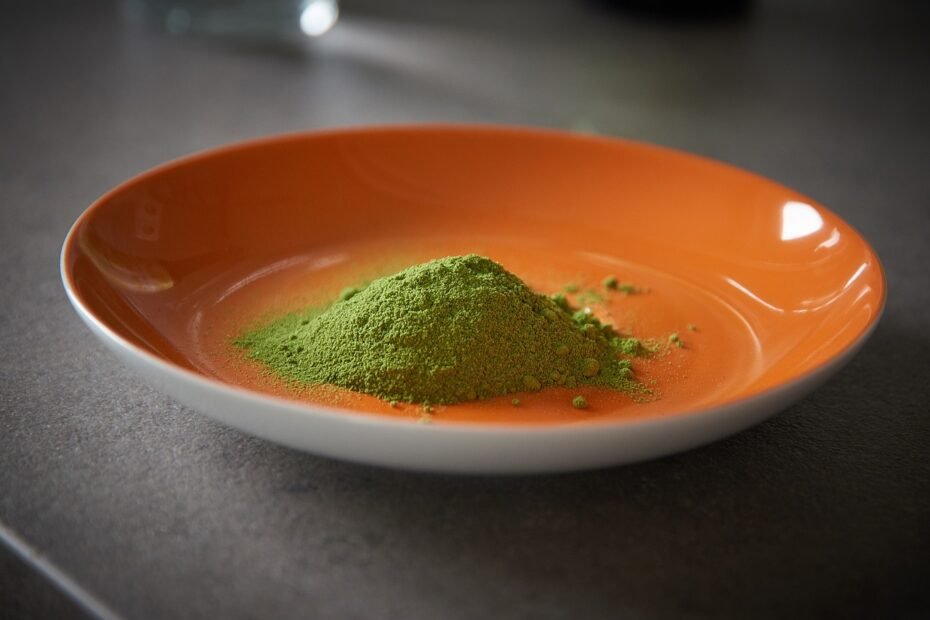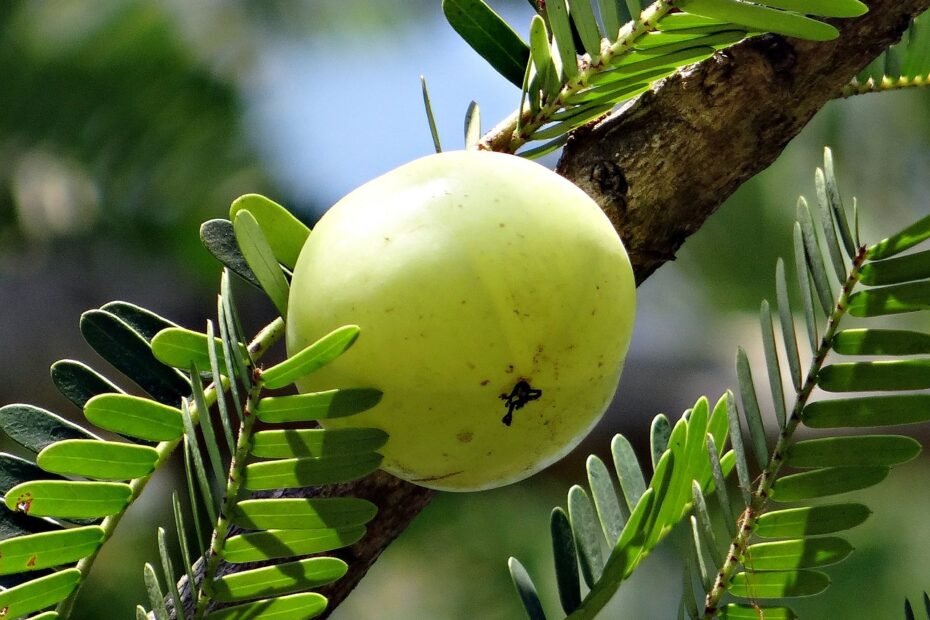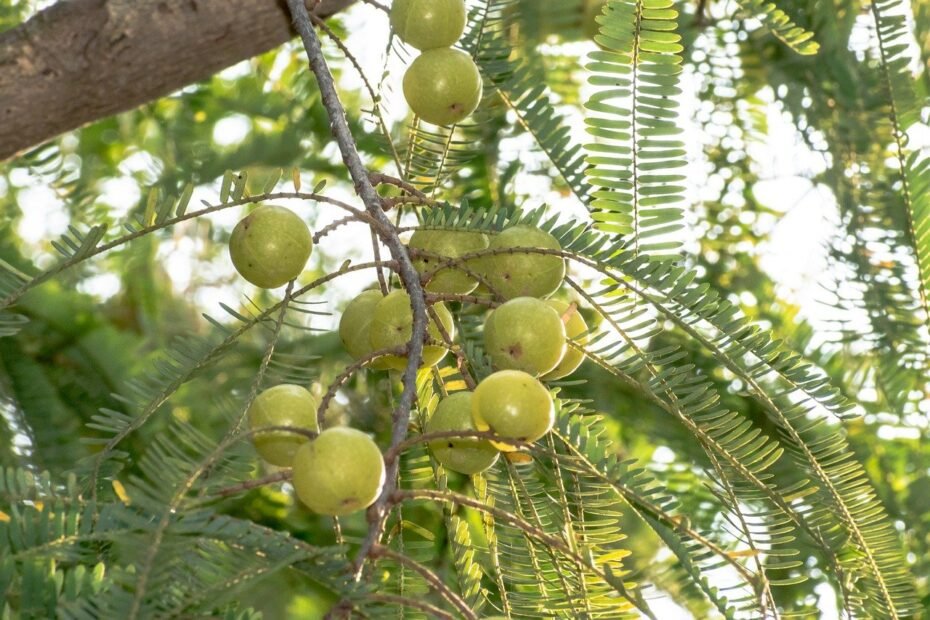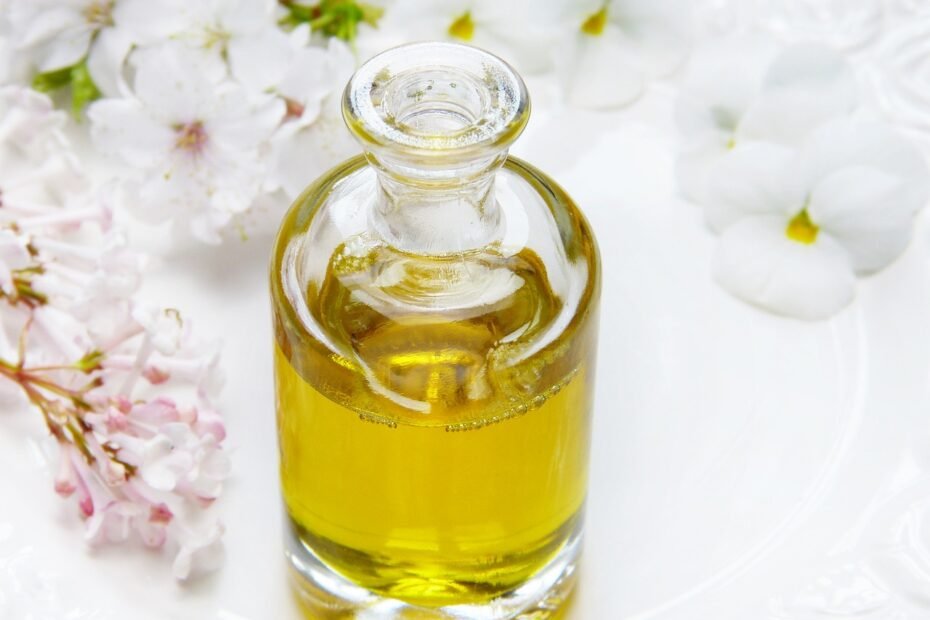Moringa, often dubbed the “miracle tree,” is renowned for its numerous health benefits. Two popular forms in which Moringa is consumed are Moringa powder and Moringa tea. But what sets these two apart? Let’s dive into the top five differences between Moringa powder and Moringa tea.
1. Form and Preparation
One of the most evident differences between Moringa powder and Moringa tea is their form and how they are prepared.
Moringa Powder: Moringa powder is made by drying Moringa leaves and grinding them into a fine powder. To consume it, you can mix the powder into smoothies, juices, soups, or sprinkle it over food.
Moringa Tea: Moringa tea, on the other hand, is made by steeping dried Moringa leaves in hot water like you would with any other herbal tea. The dried leaves can come in loose form or in tea bags.
2. Concentration of Nutrients
The concentration of nutrients varies significantly between Moringa powder and Moringa tea.
Moringa Powder: When it comes to Moringa powder, the leaves are dried and ground to maximize the nutrient content, allowing you to consume the entire leaf. This makes the powder highly concentrated with vitamins, minerals, and antioxidants.
Moringa Tea: Moringa tea is essentially a diluted form of the nutrient-rich leaves. As the leaves are steeped in water, some nutrients remain in the leaves and do not entirely transfer to the tea. This means you might not receive the same depth of nutrients as you would from the powder.
3. Taste and Texture
Taste and texture play a significant role in how people incorporate Moringa into their diets.
Moringa Powder: The powder has a distinctive earthy and slightly bitter taste. Its texture, being a fine powder, can be off-putting for some when mixed into plain water. However, this can be masked when combined with other ingredients like in smoothies or baked goods.
Moringa Tea: Moringa tea has a more mellow flavor compared to the powder. It’s lighter, with a slightly grassy taste that can be more appealing to those who prefer a milder taste. Additionally, it doesn’t have the gritty texture that powder can sometimes introduce.
4. Versatility and Usage
The ways in which you can use Moringa powder and Moringa tea differ quite a bit, offering flexibility based on personal preference.
Moringa Powder: This form is incredibly versatile. Beyond beverages, you can add Moringa powder to a variety of dishes, including soups, salads, yogurts, and even baked goods. It’s a great way to boost the nutritional profile of numerous recipes.
Moringa Tea: Moringa tea is primarily consumed as a beverage. While you can get creative by making iced tea or adding spices and sweeteners, its use is generally limited to tea preparations.
5. Convenience
Lastly, let’s discuss the convenience of incorporating these forms of Moringa into your daily routine.
Moringa Powder: Some might find Moringa powder slightly cumbersome to use since it requires mixing into foods or beverages. It’s not an instant grab-and-go option but offers the benefit of multifaceted use.
Moringa Tea: For those who find brewing a cup of tea a relaxing ritual, Moringa tea might be more convenient. Tea bags, in particular, are a hassle-free option, requiring just hot water and a few minutes of steeping. It’s a straightforward way to enjoy Moringa.
Conclusion
Both Moringa powder and Moringa tea have their unique benefits and uses. Moringa powder is nutrient-dense and versatile, making it a powerful addition to a variety of dishes. Moringa tea, however, offers a milder taste and is easy to prepare, making it a delightful herbal beverage. Your choice between the two may come down to personal preference and how you plan to incorporate Moringa into your lifestyle.
Health Disclaimer: This blog is for informational purposes only. Consult a healthcare provider before making any major changes to your diet.
Sources:
- Healthline: 6 Benefits of Moringa Oleifera
- WebMD: Health Benefits of Moringa
- Medical News Today: What are the Benefits of Moringa?




